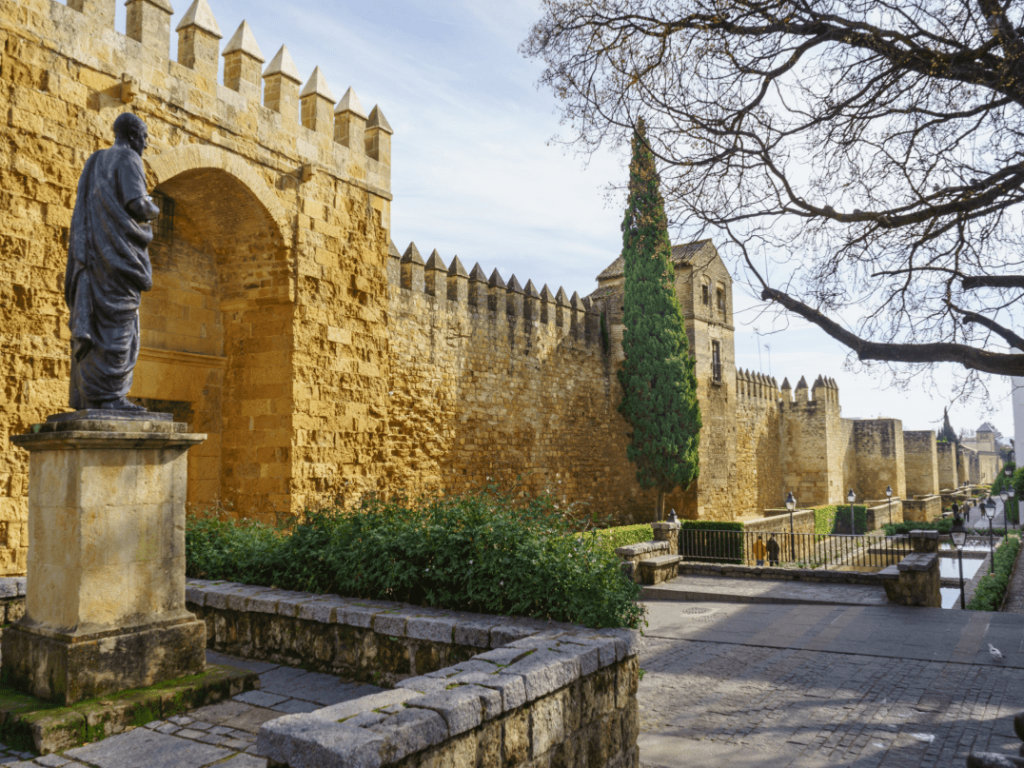Welcome to a journey through the captivating tales of Arab heroes! Throughout history, the Arab world has been home to remarkable figures who have left indelible marks on fields ranging from literature and science to leadership and courage. Exploring the lives and achievements of these famous Arabs offers profound insights into the values, aspirations, and rich heritage of the Arab civilization. Join us as we celebrate some iconic Arabic heroes and discover the power behind their Arabic hero names.
Pillars of Knowledge and Innovation: Intellectual Arab Heroes
The Arab world has a glorious history of intellectual and scientific advancement. These Arab heroes championed knowledge and made groundbreaking contributions:
- (Ibn Seenaa) /Avicenna (c. 980 – 1037 CE) – ابن سينا : A towering figure in medicine, philosophy, and astronomy. His book The Canon of Medicine remained a standard medical text for centuries in both the East and the West. His Arabic hero name resonates with wisdom and profound learning.
- (Ibn Khaldoon) (1332 – 1406 CE) – ابن خلدون : Considered a pioneer in sociology, historiography, and economics. His Muqaddimah (Introduction to History) offers insightful analyses of societal development and political dynamics. His Arabic hero name is synonymous with insightful historical analysis.
- (Al-Khwaarizmee) (c. 780 – 850 CE) – الخوارزمي : A brilliant mathematician and astronomer who made significant advancements in algebra (the very word derives from his book Al-Kitab al-Mukhtasar fi Hisab al-Jabr wal-Muqabala) and introduced the concept of algorithms. His Arabic hero name is foundational to modern mathematics and computer science.
Leaders and Visionaries: Shaping History
The Arab world has seen the rise of influential leaders who shaped the course of history. These famous Arabs demonstrated courage, vision, and determination:
- (Salaaḥ addeen al-ʾayyoobee) / Saladin (c. 1137 – 1193 CE) – صلاح الدين الأيوبي : A renowned military leader and the first Sultan of Egypt and Syria of the Ayyubid dynasty. He is celebrated for his chivalry and his role in the Crusades. His Arabic hero name embodies honor and leadership.
- (ʿabd arraHmaan alddaakhil) (731 – 788 CE) – عبد الرحمن الداخل : The founder of the Emirate of Córdoba in Al-Andalus (Islamic Iberia). He established a powerful and culturally rich state. His Arabic hero name signifies resilience and the establishment of a new era.
- (Almalik faySal bin ʿabd al-ʿazeez aal saʿood) / King Faisal of Saudi Arabia (1906 – 1975) – الملك فيصل بن عبد العزيز آل سعود : A significant figure in modern Arab history, known for his pan-Arabist views and his role in the 1973 oil crisis. His Arabic hero name is associated with leadership and significant political influence.
Voices of Art and Literature: Inspiring Generations
The artistic and literary contributions of famous Arabs continue to resonate across the globe:
- (Jibraan Khaleel Jibraan) (1883 – 1931) – جبران خليل جبران : A Lebanese-American writer, poet, and artist whose works, particularly The Prophet, have been translated into numerous languages and continue to inspire. His Arabic hero name is celebrated for its poetic beauty and philosophical depth.
- (Najeeb MaHfooDH) (1911 – 2006) – نجيب محفوظ : The first Arab writer to win the Nobel Prize in Literature. His novels vividly depict the social and political changes in 20th-century Egypt. His Arabic hero name represents literary excellence and profound storytelling.
- (Fayrooz) (born 1935) – فيروز : A legendary Lebanese singer whose iconic voice and songs have touched generations across the Arab world. Her Arabic hero name is synonymous with timeless musical artistry.
Courageous Figures and Advocates: Standing for Justice
Throughout history, Arab heroes have also demonstrated immense courage and stood as advocates for justice and change:
- (Jameelah BooHayrid) (born 1935) – جميلة بوحيرد : An Algerian nationalist who played a significant role in the Algerian War of Independence. Her Arabic hero name became a symbol of resistance and female empowerment.
- (Ṭaariq ibn Ziyaad) (died 720 CE) – طارق بن زياد : A Berber Umayyad general who led the Muslim conquest of Visigothic Hispania. His Arabic hero name is legendary for his military leadership and the expansion of Islamic influence.
The Power of Arabic Hero Names
The Arabic hero names themselves often carry significant meaning, reflecting qualities such as nobility, strength, wisdom, and piety. Understanding these names can offer another layer of appreciation for the individuals and their legacies.
The stories of these Arab heroes offer valuable lessons in perseverance, innovation, leadership, and artistic expression. Their contributions continue to shape the Arab world and inspire people globally.
To further explore the rich tapestry of Arab culture and the beauty of the Arabic language, we invite you to visit www.kaleela.com. Our platform offers engaging lessons and cultural insights to enrich your learning experience. Download the Kaleela Arabic learning app today and discover the fascinating world of famous Arabs and their enduring legacies!



